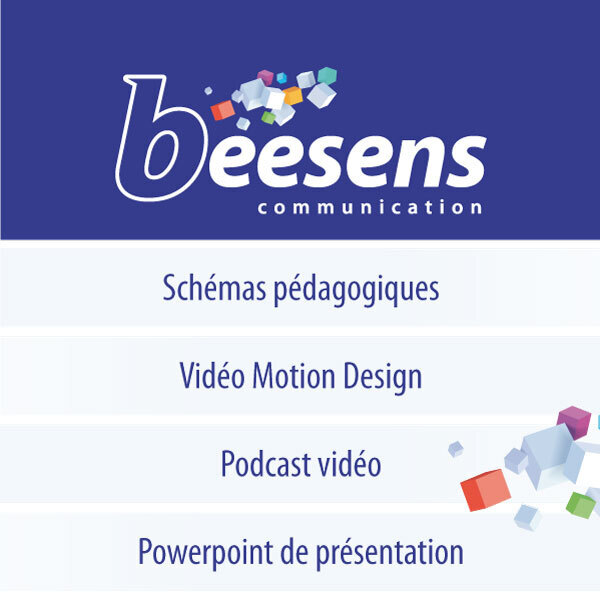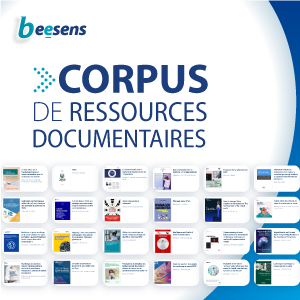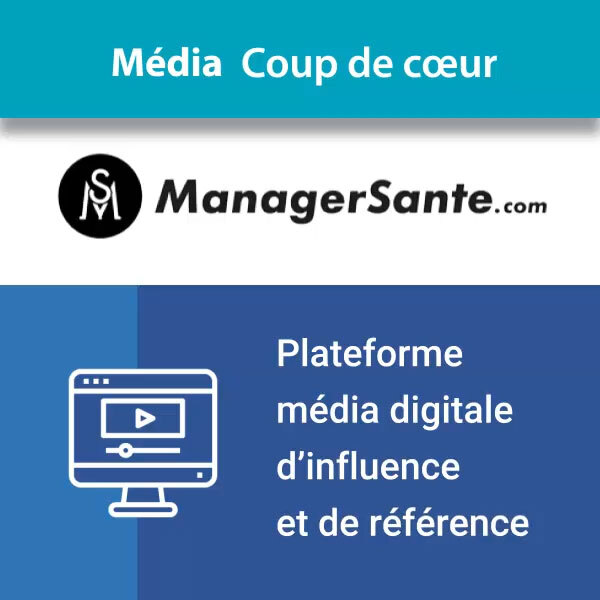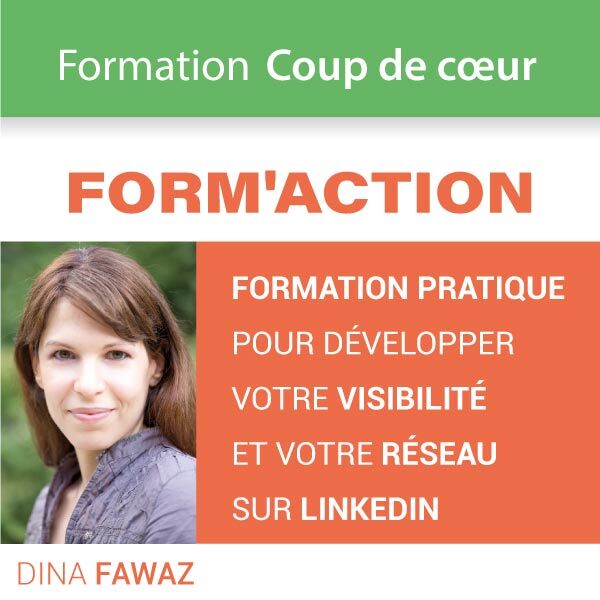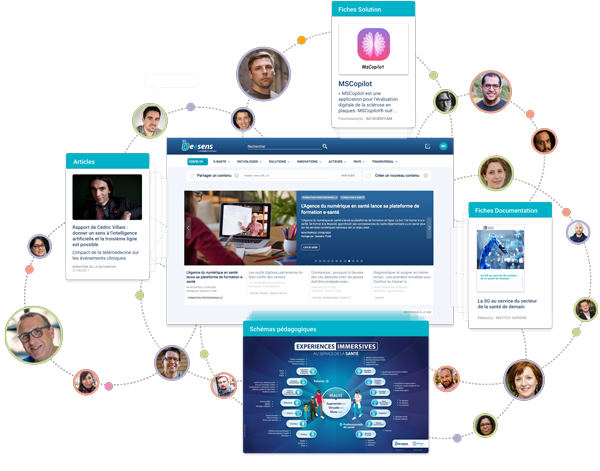"Medical researcher are turning to social-media posts to improve patient care.
Using machine-learning algorithms to sift through social-media posts, researchers can get insights into patients’ experiences that are often overlooked or difficult to attain when relying mainly on data from medical reports and doctors’ charts. It also provides data more quickly than traditional epidemiological or medical studies, which can take years to complete.
“Collecting abundant social-media data is cost-effective, does not involve burdening participants, and is available in real time,” says Graciela Gonzalez-Hernandez, an associate professor at the University of Pennsylvania’s Perelman School of Medicine. It also might do a better job of capturing voices of underrepresented populations who are often absent in biomedical trials and traditional cohort studies, she adds.
One such area, she says, is in the way that healthcare providers report problems with prescription medication to the Food and Drug Administration’s Adverse Event Reporting System..."
Lire la suite
Social Media Offers a Trove of Information for Medical Researchers
WSJ, 10/04/2022
Partagé par :
Beesens TEAM

Informations liées
Thématiques
Réseaux sociaux
Recherche
Solutions
BODY+
Twitter
Facebook
CDC
YouTube
Structures
HAS
GOOGLE
facebook
Twitter
Georgia Institute of Technology
CDC


